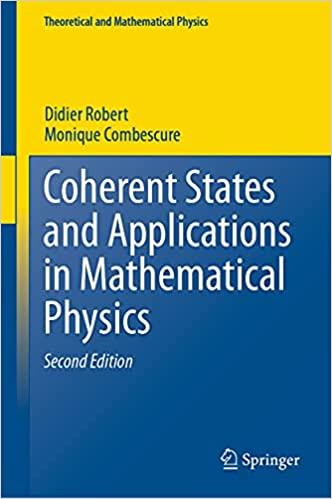Answered step by step
Verified Expert Solution
Question
1 Approved Answer
Hello everyone, I have question to the following statement: Time began not at zero, but at the smallest measurement of time that can be represented
Hello everyone, I have question to the following statement: "Time began not at zero, but at the smallest measurement of time that can be represented by our models of quantum mechanics and that is Planck time. This is not zero but pretty close from our perspective, 10^-43 seconds. This is not to say that nothing existed prior to this, but it is just the limit of our knowledge." If Planck time is not zero, what is zero referred to then? The true start point of time which do not anything about; the point of absence of time. What is "zero" if time starts at Planck time in our current understanding? Maybe it means: When we say that time did not start at zero, it means that, based on our current understanding, there is no definitive or well-defined point in time that can be identified as the absolute beginning or a true "zero" moment. The concept of time is a fundamental aspect of our experience and understanding of the universe. However, when it comes to the origins of the universe, particularly in relation to the Big Bang theory, our current scientific understanding does not provide a clear-cut starting point at a specific time value of zero. The Big Bang theory describes the expansion of the universe from an extremely hot and dense state, but it does not provide an explanation for what might have preceded it or how time itself originated. The theory takes us back to a certain point in the evolution of the universe, but it does not provide insight into what happened before that point or how time came into existence. The Planck time, as previously mentioned, is often used as an approximate starting point for our understanding of time. It represents the smallest meaningful unit of time that we can currently describe within our theoretical frameworks. However, it does not necessarily denote the absolute beginning of time or a true "zero" moment. In summary, when we say that time did not start at zero, it means that our current understanding of the universe and its origins does not provide a distinct starting point or a definitive "zero" moment for time. The nature of time before the known events of the universe's evolution, including the Big Bang, remains an open question in theoretical physics. Could you clearify what is meant by the quote stating that "time did not start at zero" based on our current understanding? thanks for your feedback in advance alex
Step by Step Solution
There are 3 Steps involved in it
Step: 1

Get Instant Access to Expert-Tailored Solutions
See step-by-step solutions with expert insights and AI powered tools for academic success
Step: 2

Step: 3

Ace Your Homework with AI
Get the answers you need in no time with our AI-driven, step-by-step assistance
Get Started


